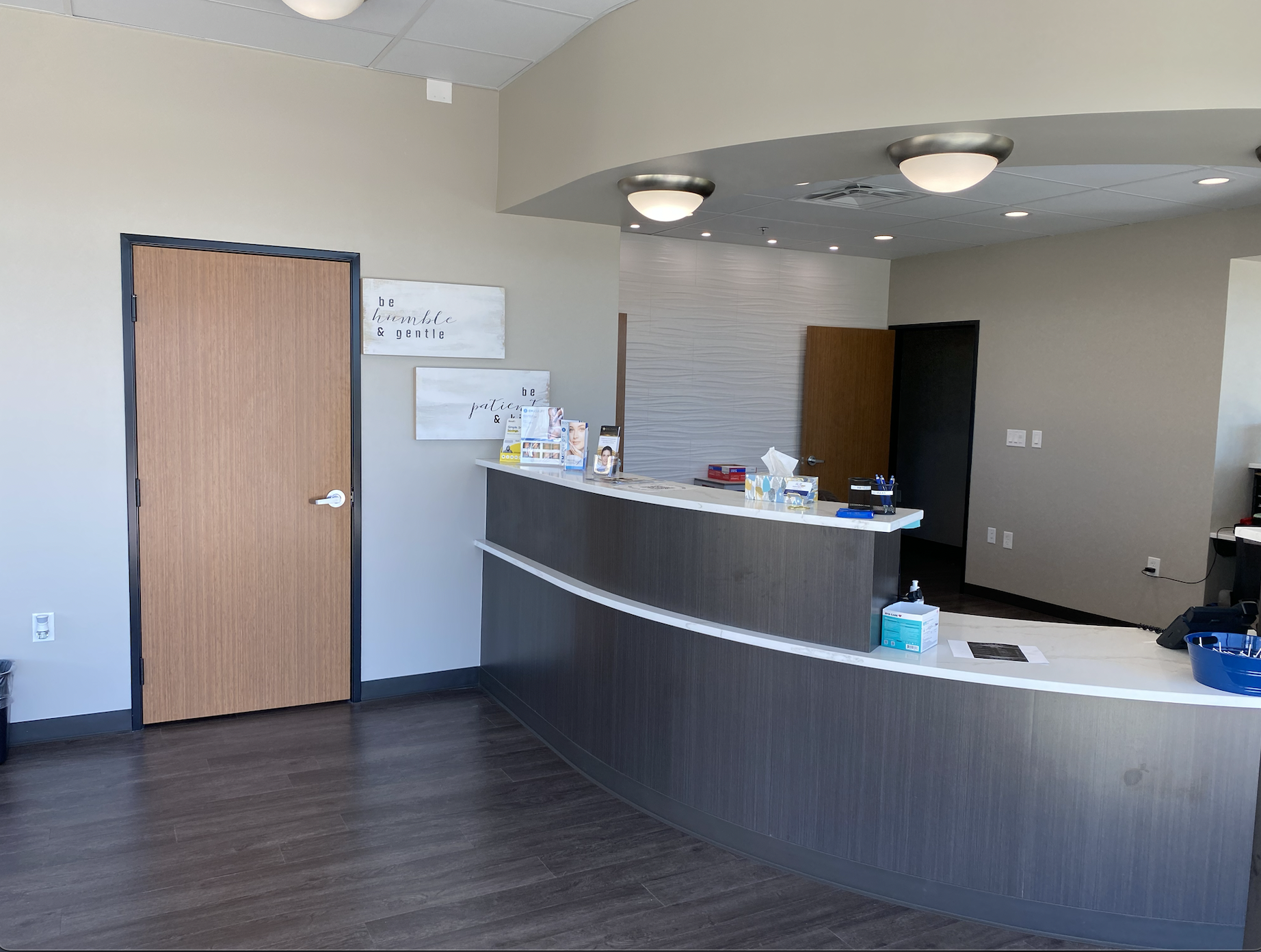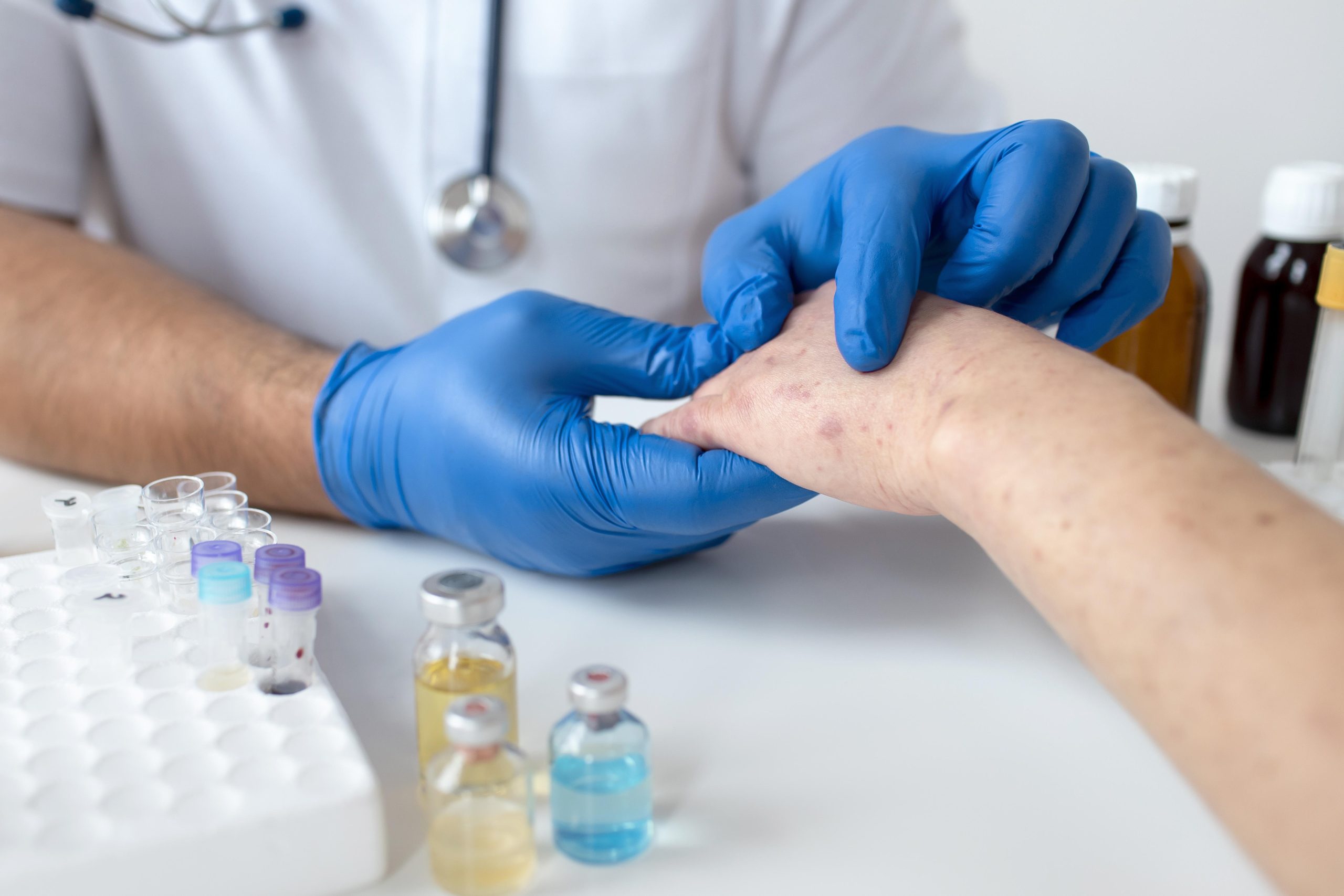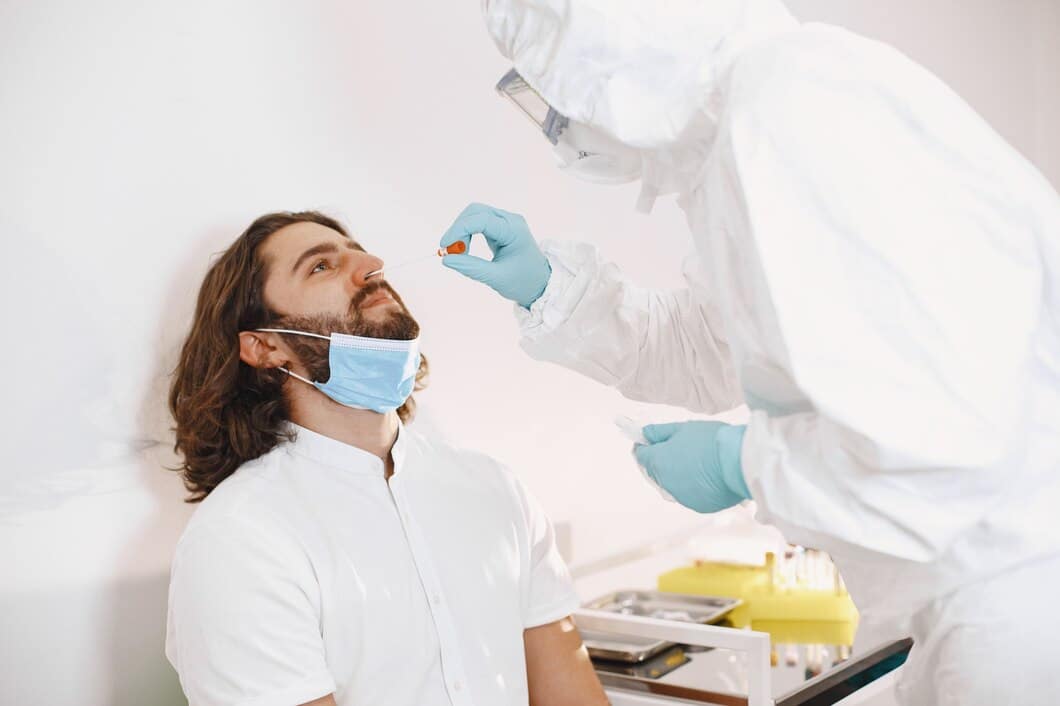Staying healthy is a continually active process that involves more than just visits to a doctor and eating healthy food. One of the key aspects of preventive care is submitting oneself to laboratory study regularly. Here at Absolute Urgent Care, we consider such tests essential in revealing latent health issues that may warrant serious consideration in the future. This time, I’m going to tell you why aged people need to do regular lab tests, what these tests can tell about their health, and how it works for detecting and preventing illnesses.
1. The Purpose of Lab Tests
Lab tests are medical examinations that involve gathering of a sample (e.g. blood urinalysis) and measuring some related aspects of health. They assist in:
– Identifying Anomalies: Testing of the body and looking for any chemical change which can be a marker for some disease.
– Assessment of Chronic Diseases: Assessment whether chronic illnesses such as diabetes or high cholesterol are worsening or improving.
– System Function Assessment: This includes assessing the parameters and performance levels of vital organs such as the liver, kidneys, heart, etc.
– Advising on Treatment Options: Furnishing the steps that would enable health care personnel in formulating treatment approaches suitable for you, especially patients.
At Absolute Urgent Care, we take advanced lab test methods to produce satisfactory results as well as appropriate utilization of the health system.
2. Prevention of Diseases based on Early Detection of Their State
Regular lab tests can be very useful in identifying issues with health at an early stage, which for sure is one of the biggest advantages. With early detection it is possible to:
Prevent Development of the Disease
Several pathological conditions are insidious in evolution and may only present noticeable features when they are at an advanced stage. Using routine laboratory tests, a person may appear asymptomatic until the following chronic conditions arise:
– Diabetes: High levels of blood glucose may predispose a person to diabetes or to pre-diabetes.
– Kidney problems: Kidney function test abnormalities can indicate underlying kidney diseases long before symptoms present.
– High cholesterol levels: Cholesterol problems can be discovered at an early stage which lessens the odds of a possible heart attack or stroke.
Once these diseases are diagnosed at appropriate stages, you can make changes in your lifestyle or begin treatment that will change the progression of the disease for the better.
Enhance Treatment Results
The possibility of successful treatment outcomes is enhanced by early diagnosis performed by lab tests. For example:
– Screening For Cancer: Some cancer blood tests can identify specific forms of cancer before they become advanced, which increases the likelihood of curing the disease.
– Function Of The Thyroid: The management of the diseases will be better if the thyroid hormone levels are monitored.
While providing absolute urgent care, we believe in treating you as a whole individual and also focus on treatment outcomes by making early diagnosis.
3. Types Of Lab And What Are Their Functions
There are different categories of laboratory tests performed on specimens that will help give healthcare providers an idea about your condition. Below are some of the most commonly undertaken tests and what they could indicate:
Blood Tests
Blood examinations today are some of the most popular diagnostic methods that are available. They include:
– Blood Count All The Elements (BCA): Measures basic body health and determines conditions such as anaemia, infection and blood diseases.
– Tests of blood concentrate: Shows levels of electrolytes, kidney and liver activity.
– Cholesterol Test: Determines Levels of cholesterol and triglyceride blood and predicts risk factors of heart disease.
Urinalysis
It is a test of urine which serves to examine the metabolites and to detect the presence of:
– Other Infections: The presence of bacteria and/or white blood cells may point towards a urinary tract infection.
– Kidney Health: Urinary tract issues may be highlighted by the presence of excessive protein or blood in the urine.
Other specialised tests
– Thyroid Tests: Thyroid hormone levels are measured to see how well one’s thyroid is functioning.
– Hormone Panels: Hormonal levels are evaluated as they relate to reproductive health and any associated disorders of the endocrine system.
Routine lab investigations also assist in tracking these indicators and any moderate or significant changes from the norm so as to evaluate your health condition.
4. When to Get Regular Lab Tests
How often lab tests are done varies from one individual to the other and this depends on factors such as your age, health status, and even family history. Usually, one should observe the following rules:
Routine Checkups
– Annual Physicals: Most physicians are in the habit of making yearly recommendations for lab tests especially during a general or routine checkup, so that follow-up comparisons may be made at later dates and the disease or condition monitored over time.
Chronic Condition Management
– Regular Monitoring: Depending on patients’ chronic conditions, diabetes disease in this case, patients may require tests on a regular basis so as to assess the condition and make any required changes to treatment.
Family history and risk factors
– Increased Risk: There may be an increased risk for individuals with a family history of specific diseases or other risk factors, meaning more frequent lab tests may be needed to detect some problems at the earliest stages.
At Absolute Urgent Care, we cooperate with you so as to ascertain the appropriate time to go for tests according to health and risk factors.
5. How to Prepare for Lab Tests
Right preparation will enhance the probability of favourable results and make the testing take place with ease. Some of these include:
– Adherence to Fasting Instructions: For some testing procedures such as fasting blood glucose tests one might be required to starve for a given period of time.
– Inform Your Healthcare Provider: Inform them about the primary health related drugs or any supplements you take as they can influence the results.
– Drink Plenty of Water: For tests where one is required to provide a urine sample, drink a lot of fluid prior to the test.
Our team at Absolute Urgent Care is available for you in case you need any assistance with the preparation as well as any questions related to laboratory tests.
Ways whose benefits rest on clinical laboratory services are also quite many. Regular laboratory investigations hold the key to your health by facilitating identification of possible challenges in good time and thus assisting in treatment plans. In the case of Absolute Urgent Care, we are ever ready to utilize cutting-edge lab testing strategies to keep you healthy. Regular laboratory examinations are also very useful in eliminating risk factors for diseases and in controlling chronic diseases where there are already pronounced symptoms. If you have any doubts or want to arrange a lab investigation, please feel free to contact us. We know how valuable your health is, and we will help you to cope with it at all times.






















